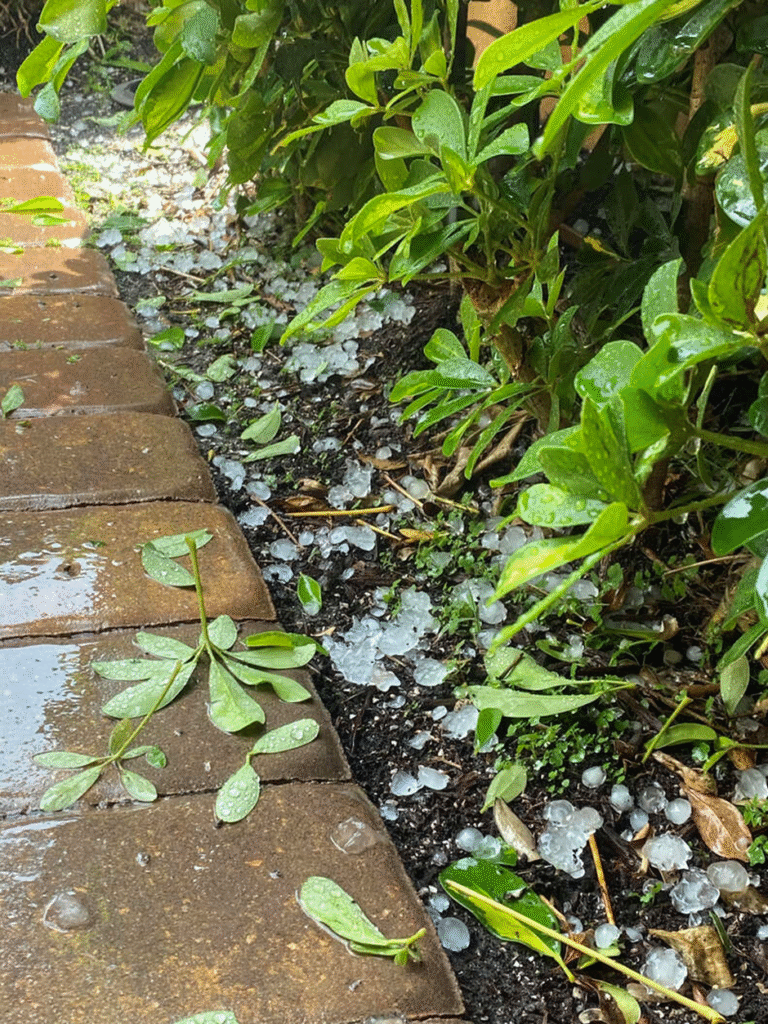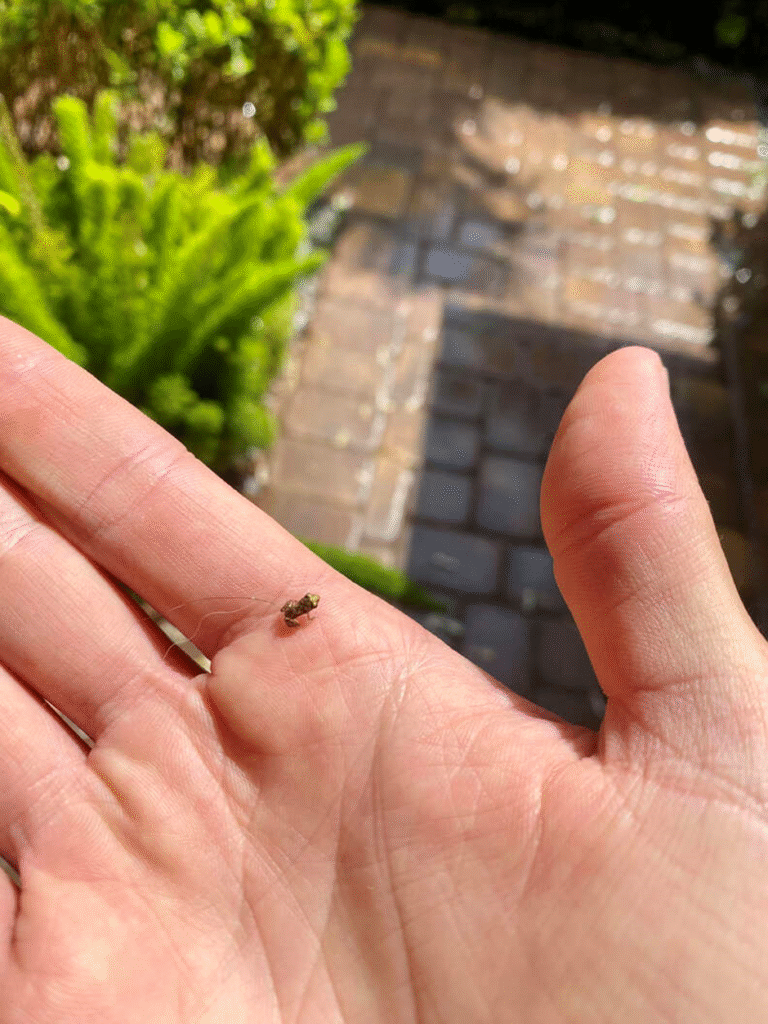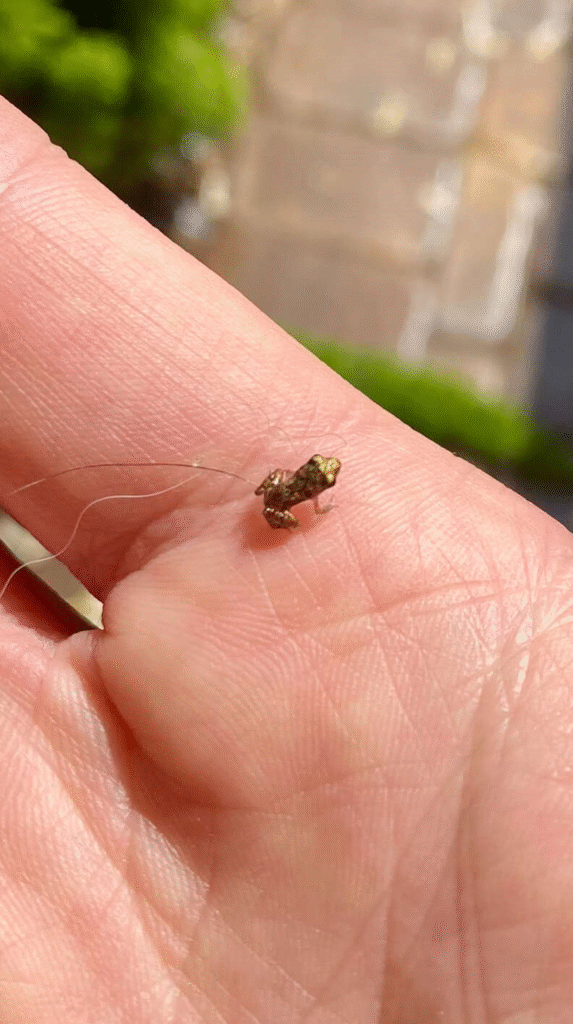Liam lived in a world defined by right angles, stainless steel, and pristine white surfaces. His apartment was his fortress of order. Nothing was out of place, not a book spine misaligned on the shelf, nor a crumb daring to settle on the polished quartz countertop. When he walked through his front door after a twelve-hour shift, he expected—demanded—perfection.
Which is why, when he saw the dark, still anomaly on his perfectly flat, light gray bath mat, his blood pressure spiked.
He’d dropped his briefcase and was halfway to the shower when the object registered in his peripheral vision. It was a tiny, dark smudge, resting motionless on the expanse of pristine cotton loop. From six feet away, it looked like a large, exotic beetle—the kind that might have hitchhiked inside on his shoes, or perhaps a particularly brazen house spider.
Liam, who dealt with complex financial systems all day, prided himself on efficiency. He didn’t use harsh chemicals for stray creatures. He simply grabbed a fresh sheet of strong, white paper towel, preparing for a quick, precise relocation of the intruder to the outdoors.
“Alright, pal,” he muttered, approaching the anomaly with the focused calm of a bomb disposal expert. “You chose the wrong apartment for a vacation.”

As he got closer, kneeling down on the cool tile, the object didn’t move. A real bug would have darted away, sensing the giant looming over it. This one lay perfectly still. He squinted. It wasn’t flat like a spider. It had depth, a glossy, slightly uneven texture. It was about the size of a large thumbnail, condensed into a dark, slightly damp-looking ball.
He held the paper towel flat against the tile, preparing to scoop. He leaned in one last time, his sightline mere inches from the strange little object.
It was then he heard it.
It wasn’t a buzzing or a scuttling sound. It was a soft, wet “plick,” the sound of something barely heavier than a leaf adhering to the cotton loop, barely audible over the hum of the refrigerator.
And then, the “smudge” moved.
The whole object shifted, expanding slightly from a tight ball. Liam saw the undeniably shiny texture of moist skin and the tiny, raised outline of eyes. It was a frog, a miniature one, colored a mottled grey-brown that perfectly mimicked dirt and fuzz. It was curled so tightly into itself that the uniform darkness of its back had successfully hidden every recognizable feature. It was a tiny, perfect piece of fragile life.
Liam froze, his paper towel suddenly feeling uselessly inadequate and menacing. The annoyance was instantly vaporized, replaced by a searing curiosity.
“Oh, wow,” he breathed, the realization hitting him: this wasn’t an insect; it was a desperate stowaway from the damp woods behind his complex.

He carefully discarded the paper towel. Moving with the caution of someone handling a rare artifact, he retrieved an empty, clear plastic food container from the recycling bin. He lined the bottom with a damp sheet of paper towel and gently guided the tiny frog into the box using the edge of a credit card. The frog, which he instantly named Pip, let out a barely perceptible croak as it settled, a sound that cracked something fundamental within the precise, ordered world of Liam Miller.
The question screamed in his mind: How did you get up to the fifth floor?
Liam now became a reluctant environmentalist. A frantic search of his apartment followed, not for more animals, but for the source of humidity and shelter. He checked the closet near the door, the space behind the water heater, and every corner of his pristine space.
He realized the entry point was the exterior balcony door, which he habitually left ajar a crack for fresh air. Pip must have hopped the balcony railing and squeezed through the tiny opening, seeking the nearest bit of damp cloth—the bath mat—as an emergency shelter. He was cold, dehydrated, and utterly lost in a sterile environment.
Liam immediately Googled local amphibian habitats.

Liam was no longer a financial analyst. He was a frog rescuer. He spent the next hour preparing Pip for release, misting the container and providing a few drops of clean water. He knew he couldn’t keep Pip; his dry, air-conditioned apartment was a death trap for an amphibian.
The next morning, before the sun was fully up, Liam drove the short distance to the natural wooded area adjoining the local creek, the closest thing to a safe home. He found a spot where the damp earth met the flowing water, shielded by ferns.
He opened the plastic container. Pip, who had remained quiet and still throughout the journey, took a moment. Then, with a single, quick dark-green hop, the tiny frog leaped out of the box and disappeared instantly into the undergrowth and dappled shadow.
Liam stood there, watching the spot for a full five minutes. The ordered calm of his life returned, but it felt different now. It was layered with a new kind of respect for the fragility of life.
The tiny “bug” he intended to remove had taught Liam the adorable truth: a perfectly ordered life leaves no space for magic, and sometimes, the best things in life are the unplanned, wild intrusions that break your routine and remind you how small, and how beautiful, the world truly is. His apartment was still sterile, but his heart was finally home.


